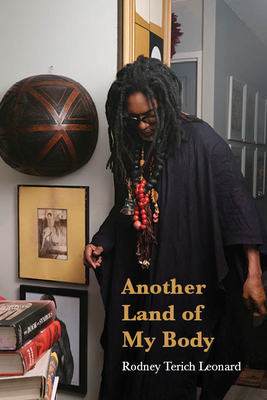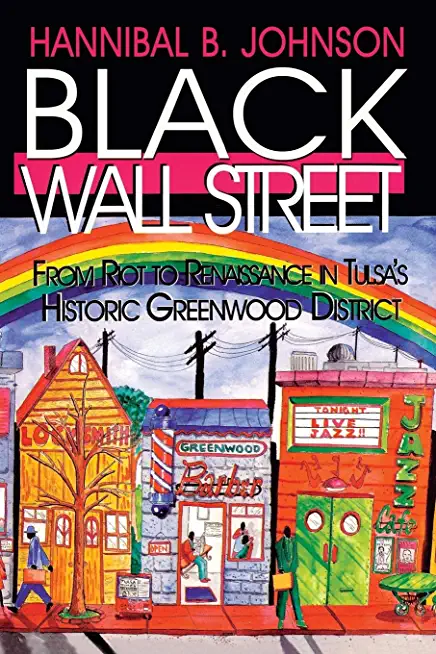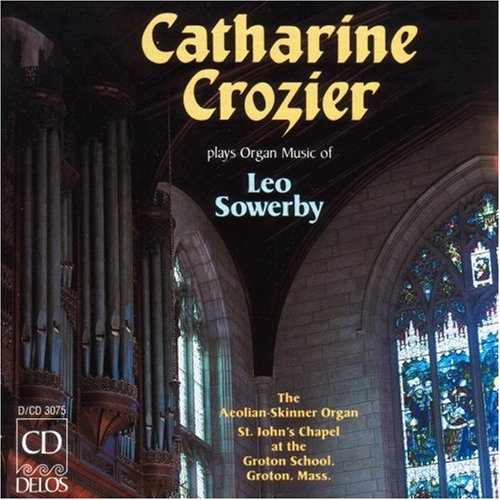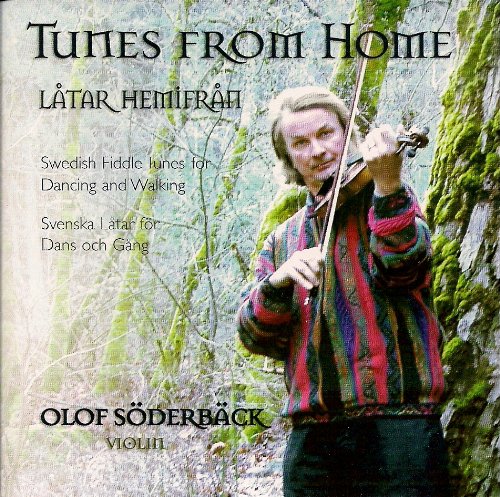
description
delicate border between understanding and awe, Rodney Terich Leonard's poems live in the world even as they leave it, clinging like "a ribbon in the sand / Captivated by your ankle," that "Bojangles next to your chair." Leonard's sophomore collection, Another Land of My Body, collects singular poems, each a distinct marvel, even as together they witness aging, champion the resilience of desire, articulate Black Southern identity, memorialize the unequal burdens of the pandemic across racial and socioeconomic strata, and preserve the time capsule of one's particular memories that will depart with them when they go. When "COVID pumped up on" Ms. Clematine and Ms. Bessie Will, who "paid taxes in an American town with six ICU beds," "the heirloom chitlins / & pound cake recipes / & summer-white buckets of Budweiser / To B.B. King went hush." Leonard's impeccable ear subverts legacy, using the musicality of lyric and the sonic patterning of form to remember neighbors alongside martyrs of the police state: "Heels cold cold-heeled history heels claimed cold: / Ahmaud Arbery--George Floyd--Rayshard Brooks." In these pages, every figure is totemic, reiterating the invaluable outside the ceaseless binds of global capitalism. Leonard writes, "She wears her own hair & Fashion Fair. / Stutter ignores her penchant / For fried whiting & hushpuppies. / No one I know calls her baby." "Here is a woman as monument," he says. "My mother's allure wasn't from a magazine; / Jet came later." In his own style, Leonard, too, is truly original, always encountering new terrain as he brings the past along. His poems are oft dispatches from "an abrupt ravine," where "[he] learned another land of [his] body." They are also lifelines, brief housecalls, promises of reunion amid temporary goodbyes. "I'm at my retrospective," he answers the phone. "Let me call you back."
member goods
No member items were found under this heading.
Return Policy
All sales are final
Shipping
No special shipping considerations available.
Shipping fees determined at checkout.







